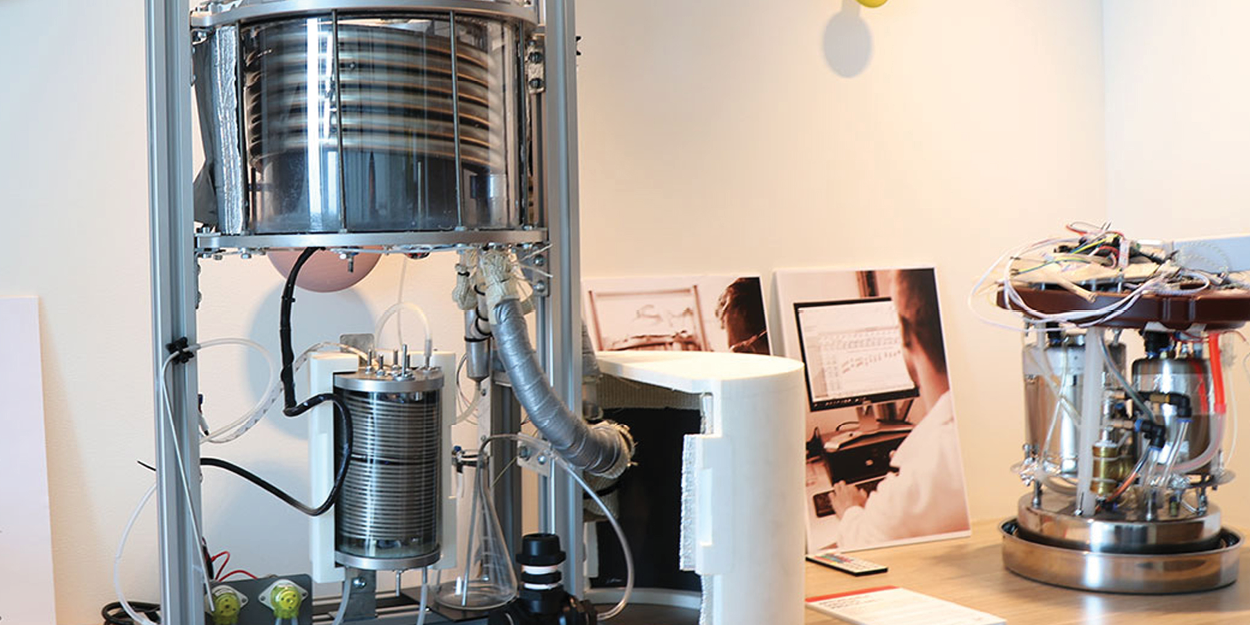
20 years of game-changing kidney disease research
For two decades, The George Institute has been at the forefront of global efforts to improve kidney disease treatment around the world, as Professor Vlado Perkovic explains.
Vlado has dedicated his entire professional life to expanding knowledge around kidney disease. Already deeply involved in the field when he joined the Institute in 2005, Vlado was immediately drawn to the international breadth of the Institute’s early trials.
“The amazing thing was these trials were being run in many parts of the world, but centrally coordinated from Sydney,” he recalls. “They were going to make a big difference to large numbers of people around the world and I found that irresistible.”
After 14 years, Vlado left the Institute in 2019 to take up the role of Dean of Medicine at UNSW Sydney but he still finds time to practice kidney medicine and ensure he stays grounded in the patient experience.
“Every week I come face-to-face with people with severe kidney damage who are staring kidney failure in the face and looking at dialysis as the only way to keep them alive,” he says. “In every one of my clinics some aspect of the Institute’s work is impacting on the health of my patients directly.”
However, tragically, millions of people die unnecessarily each year around the world because they cannot access kidney disease treatment or receive ineffective treatments.
“At the moment, people with kidney failure have worse outcomes than most people with cancer,” he says. “So finding better ways to try and improve those outcomes, or more importantly, prevent people from reaching kidney failure in the first place has been a real passion for many of us at the Institute over the years, and an area where we have had some real success.”
Indeed, from early achievements in slowing the progress of diabetic kidney disease in the CANVAS study, to testing new dialysis protocols in the ACTIVE Dialysis trial, or assessing the safety and efficacy of 40-year-old treatments in the TESTING study, researchers at the Institute have been regularly rewriting international kidney disease treatment guidelines, potentially saving countless lives.
Most recently, CREDENCE, a landmark global study led by Vlado, identified the first new treatment in nearly two decades for the prevention of kidney failure due to type 2 diabetes. The groundbreaking trial involved more than 4,000 patients with diabetes and kidney disease from 34 countries.
“We identified a drug that can reduce the risk of kidney failure by a third, reduce the risk of heart failure by more than a third, and also reduce the risk of things like heart attack and stroke,” he explains. “With five million people predicted to have kidney failure by 2035 this is a major breakthrough, and the future for people with diabetes and kidney disease is looking a lot better than it was just 10 years ago. A lot of that is due to work that's being done by or led out of the Institute.”
Despite these successes, much remains to be done, with between half and three-quarters of people with kidney failure without access to dialysis.
“Millions of people are dying each year from a condition that we've known how to treat for more than 50 years,” he says. “The only reason they are dying is because they don’t have enough money for the incredibly expensive dialysis treatment."
In 2015, the Institute launched a competition to encourage innovation in dialysis, offering a prize for the development of a cost-effective dialysis machine that could meet the treatment guidelines of existing dialysis systems at a fraction of the cost.
"Standard dialysis systems in developed countries costs between $70,000-$100,000 per year for each person who needs treatment,” says Vlado. “In developing countries, it's perhaps a half or even a third of that, but there are also many more people with far lower incomes.”
“With an affordable dialysis system, the aim was to build something for less than $1,000 and cost less than $5 per day to run, opening up treatment for millions of people who would otherwise die.”
Not only was a winner found, chosen by an independent panel, but the Institute has since set up a company, Ellen Medical Devices, that has raised close to $6 million in funding to transform the groundbreaking idea into a reality – the world’s first affordable dialysis machine. Trials are expected to begin in the next two years.
For Vlado, this pioneering approach has always been key to The George Institute’s success.
"It’s incredibly thrilling to be right at the very cutting edge of medical knowledge,” he says. “I've had the immense privilege of watching the kidney disease group grow from just a couple of us when I started into a huge and dynamic team. It is now probably the leading kidney trials group in the world."
Celebrating 20 years: Vlado's top moments
- New discoveries: “It’s absolutely thrilling when you see new information that you've worked on for many years and you are one of the first in the world, sometimes the first, to see that information and understand what it means.”
- Celebrating diversity: "I'm very proud that we now have two Aboriginal and Torres Strait Islander women leading our Aboriginal program. This was a huge step forward for us."
- Leadership growth: “Watching people move from students right through to junior staff to leadership positions and seeing them develop and mature and become independent leaders in their own right is incredibly exciting and rewarding.”

